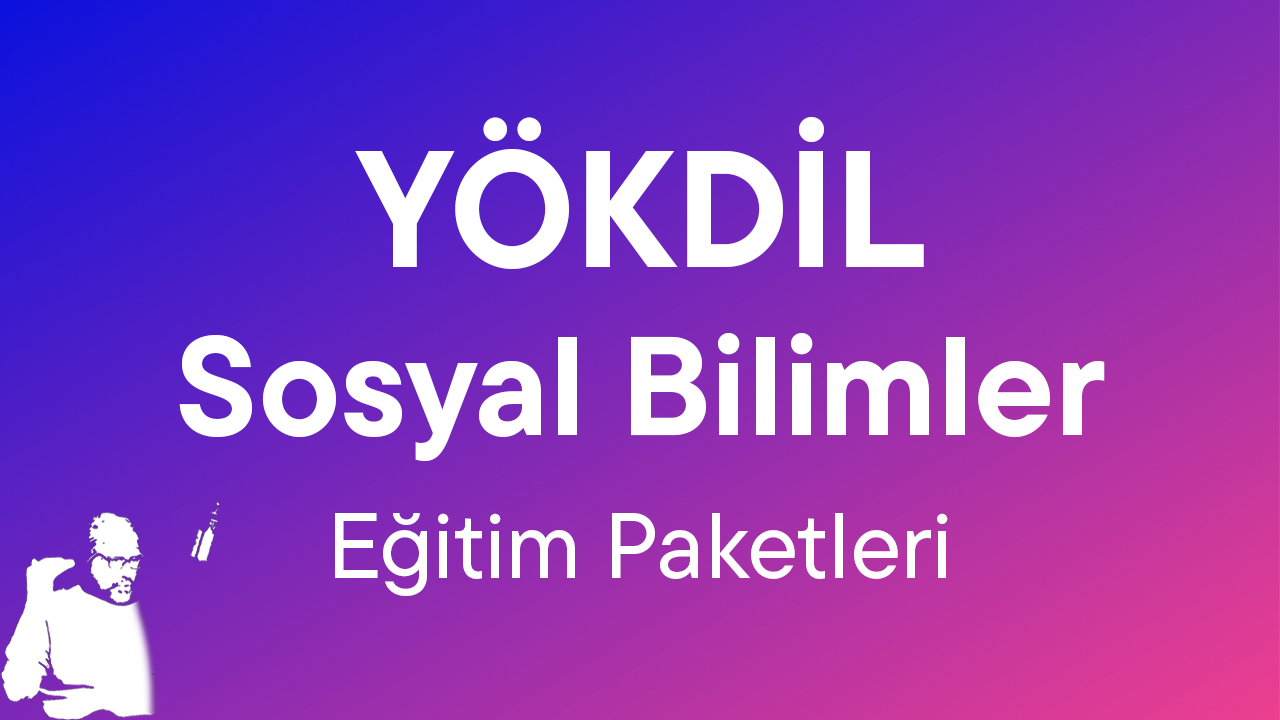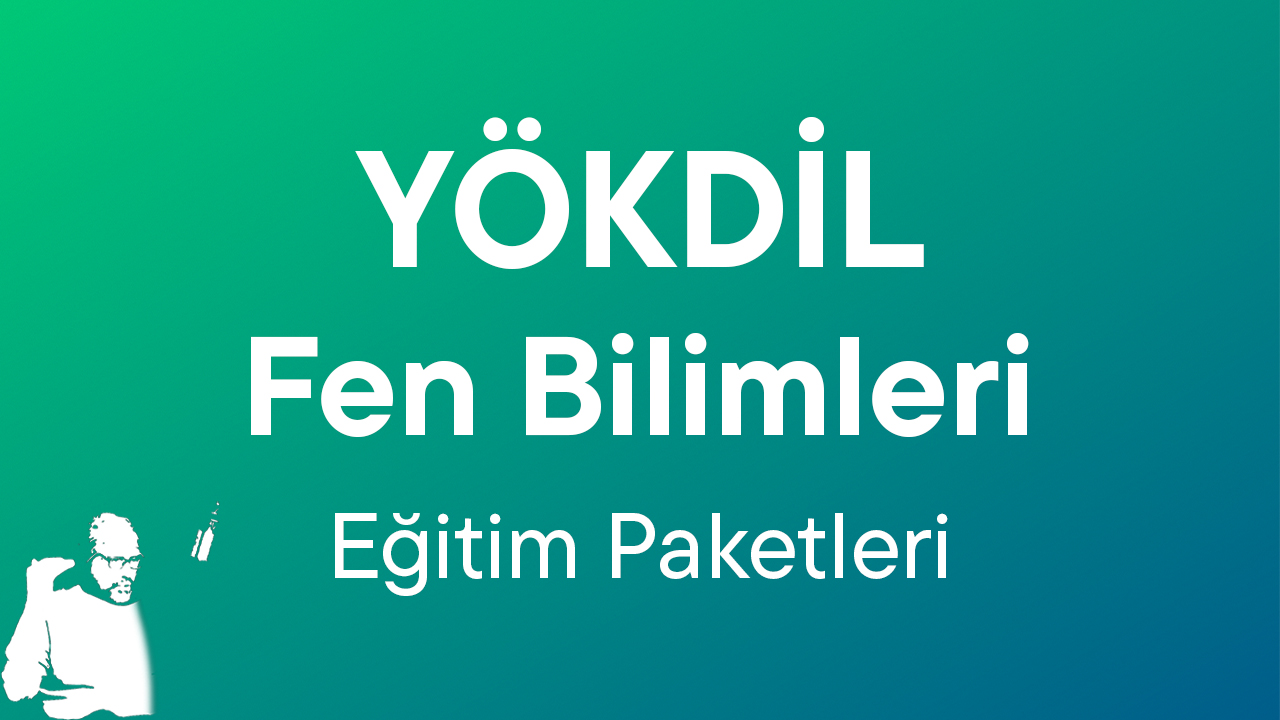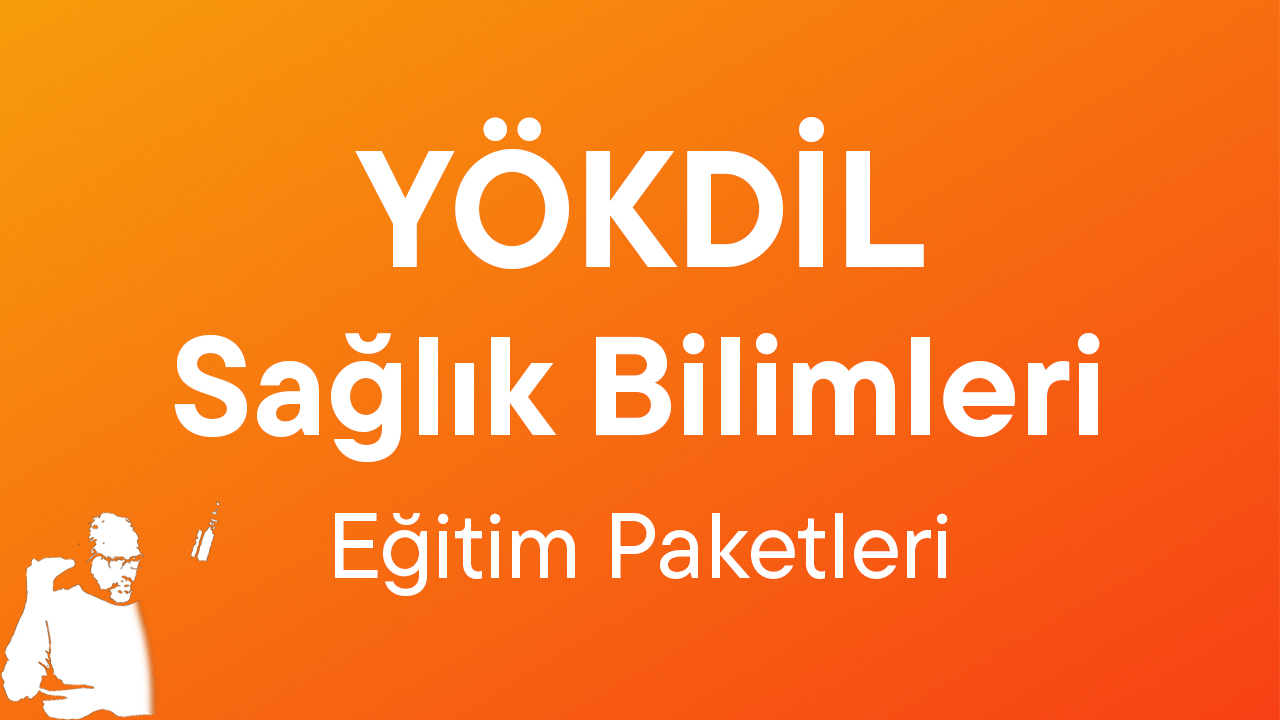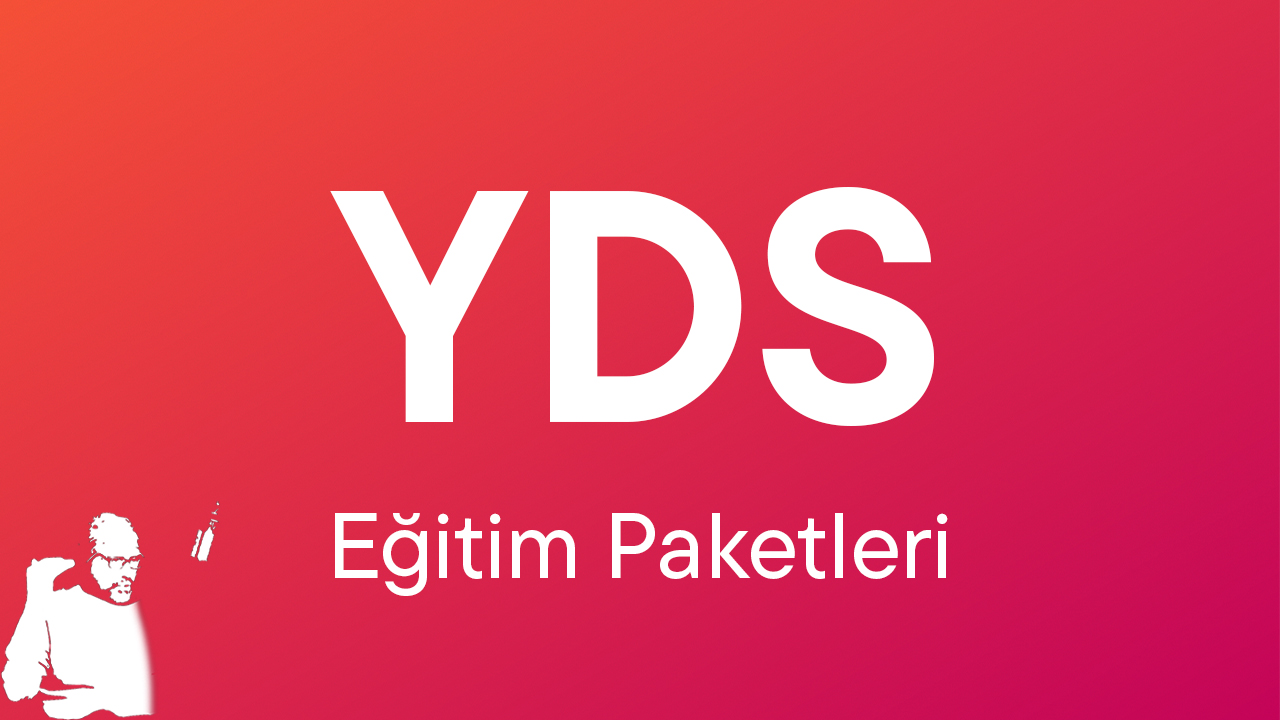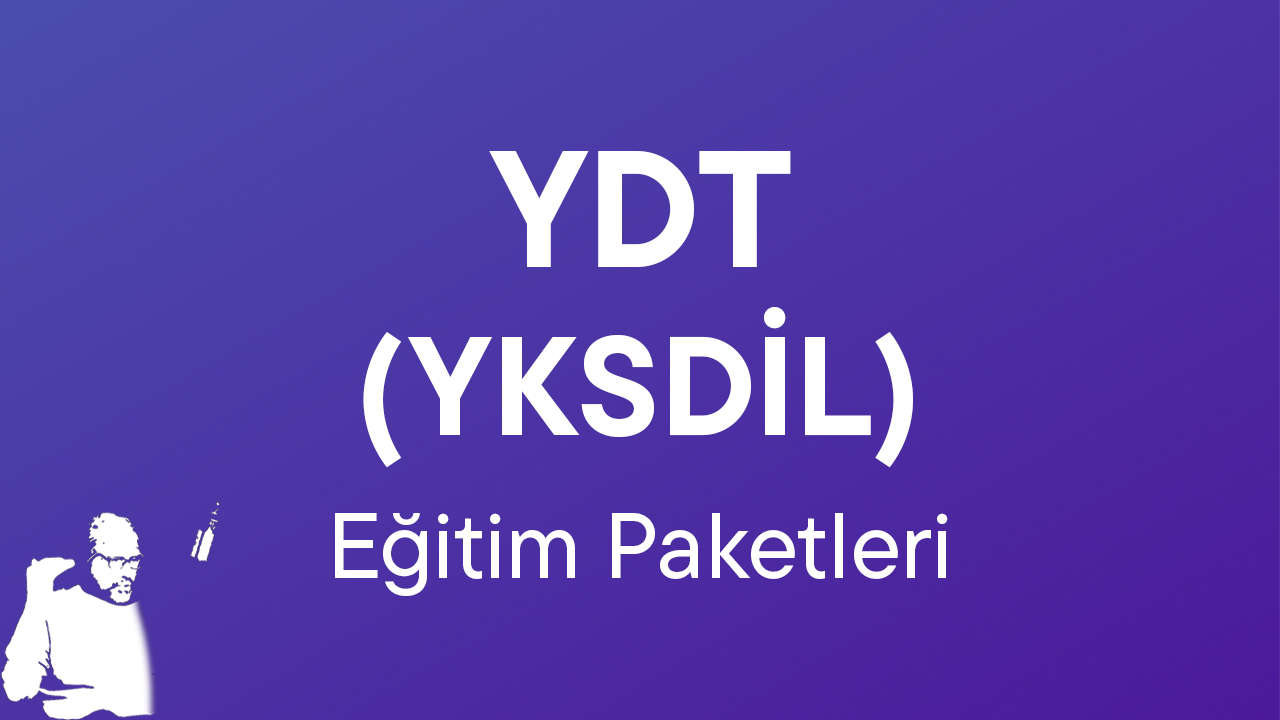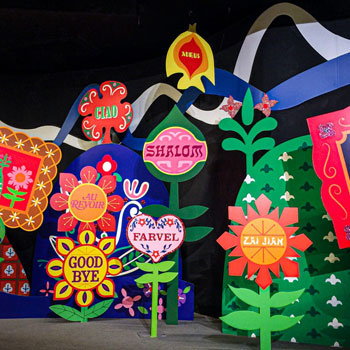
How to Become a Polyglot: 11 Proven Tips And Strategies
Want to master multiple languages and become a polyglot?
Good news:
Anyone can do it.
In fact, everyone should. It’s great for more than just your social life. Speaking multiple languages has also been shown to guard your brain health.
¿Listo para ir? Bereit zu gehen? Готов идти?
(Ready to go?)
But before we dive into a step-by-step tutorial on becoming a polyglot, let’s make sure we have the best possible definition in hand.
What Is A Polyglot?
The dictionary isn’t very clear on this point. It simply calls it the ability to write or speak several languages.
Notice the “or” in this definition. It’s important because I’ve been to many language learning conferences, such as the Polyglot Gathering in Berlin. There, I’ve met many people who could read and write in languages, but barely speak a word.
Are they really polyglots?
Well, according to my friend and world-famous omniglot Luca Lampariello, the answer is…
It depends.
As Luca points out, quoting me in the process, you’re the one who has to define why you’re learning languages and how you want to be evaluated.
Lots of people are going to have opinions about your abilities in the languages you claim to have fluency in, so be ready to explain yourself and your motives.
When answering questions around what is a polyglot, one of my favorite points comes from Kerstin Hammes (now Kerstin Cable).
She points out that language learners come across many egotistical people who are essentially showing off. It’s wise not to belong to that crowd because we all know that pride leads so many to fall flat on their faces.
I prefer polyglots like Olly Richards and Benny Lewis who share the real behind-the-scenes journeys involved in learning languages.
I remember seeing Benny speak Esperanto and was totally blown away — twice. I was blown away by how well he spoke in front of a large audience and then blown away by some of the negative chatter from some of the language learning snobs at the convention.
The reality is… a lot of those snobs were the people who had bragged that they could read and write in a bunch of languages but actually couldn’t speak any of them.
Frankly, I think it’s cool if you can only read and write a language, but bragging most certainly isn’t.

The point I’m making is that no one “owns” the definition of what makes a polyglot. You’ll find all kinds of different definitions:
- You have to speak 2 more languages than your mother tongue
- You have to speak 3 more languages than your mother tongue
- You have to read, write, and speak 4 more languages than your mother tongue
- Etc.
Then people get into evaluation battles. Evaluation is important and something I talk about in How to Become Fluent in a Language.
In sum, you get to decide what being a polyglot means, and just need to be aware that others will judge you no matter which definition you come up with.
It’s a good policy to make sure you only hang out with people who support your language learning goals, no matter how many languages you’re learning.
Now, with the problem of defining multilingualism covered, let’s dive into some language learning strategies.
How to Be a Polyglot: 11 Proven Tips
How do you become a polyglot? You start at the beginning.
Tip One: Master One Language First
I realize that you want a bunch of exciting tips about learning more than one language at the same time. You actually can do that, and I’ll share some pointers a bit later.
But in actual reality, nearly every polyglot I know strongly suggests that you learn one language at a time.

